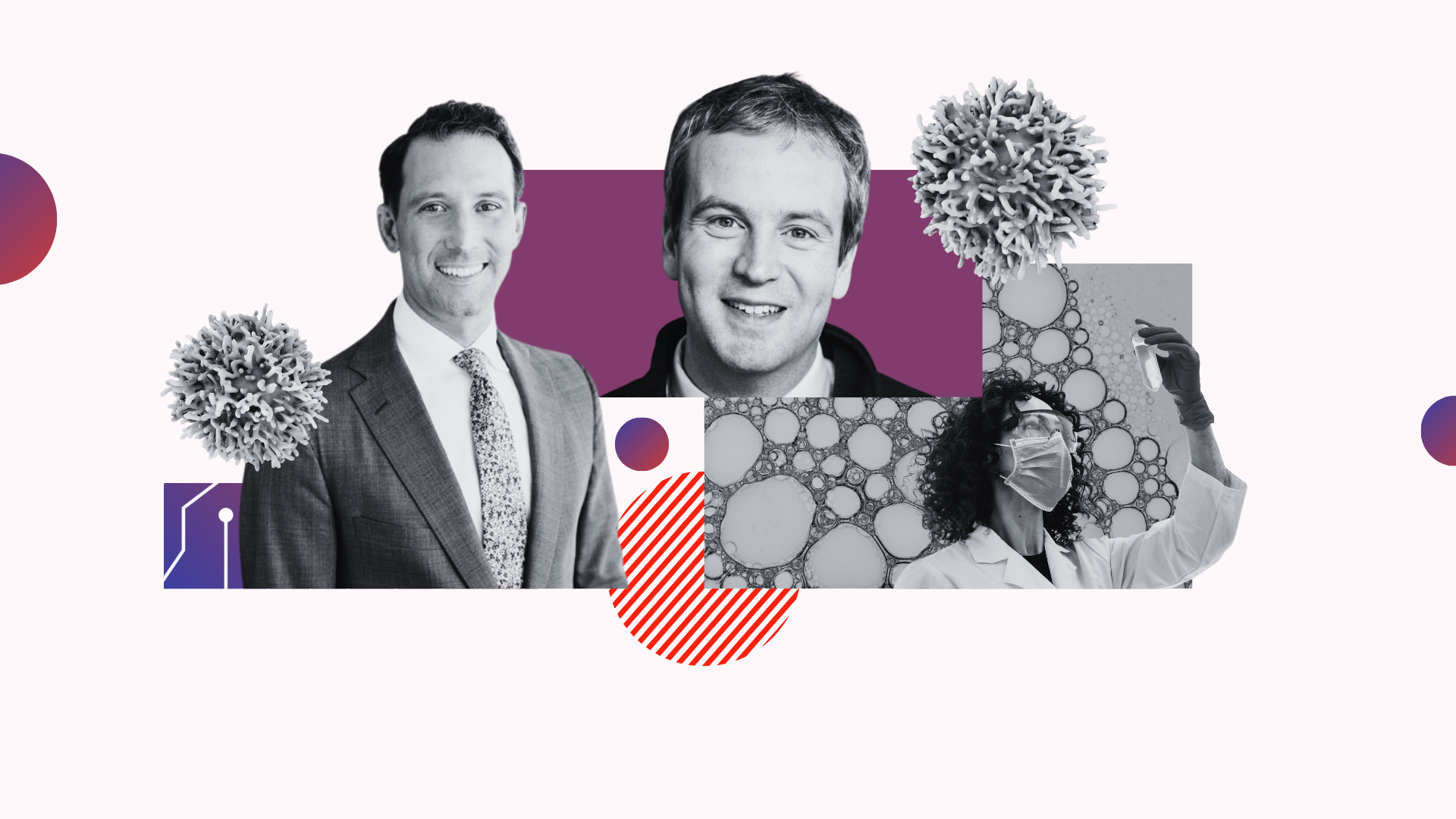Beyond the Hype: How AI Can Actually Rebuild a More Human and Accessible Healthcare System

The conversation around Artificial Intelligence (AI) in healthcare is often dominated by futuristic predictions and anxieties about job displacement. However, at the Dana-Farber Cancer Institute, Drs. Ben Ebert and Eli Van Allen are pioneering a different vision – one where AI isn't a replacement for human connection, but a powerful tool to re-humanize and democratize healthcare access and quality. Their work suggests a future where AI empowers clinicians, accelerates discoveries, and ultimately, benefits patients in profound ways.
The core of their approach lies in recognizing that AI’s true potential isn't about replacing doctors, but about augmenting their abilities and freeing them from tedious, repetitive tasks. Consider the sheer volume of data a clinician must sift through – medical records, research papers, genetic information – to make informed decisions. AI can analyze this data at scale, identifying patterns and insights that would be impossible for a human to detect alone. This allows doctors to spend more time focused on what truly matters: building relationships with patients, understanding their individual needs, and providing compassionate care.
Dr. Ebert’s research focuses on using AI to personalize treatment for blood cancers. He's leveraging machine learning to predict how patients will respond to different therapies, allowing doctors to tailor treatment plans with unprecedented precision. This moves away from a 'one-size-fits-all' approach, minimizing unnecessary side effects and maximizing the chances of successful outcomes. Similarly, Dr. Van Allen's work explores how AI can analyze genomic data to identify individuals at high risk for cancer, enabling earlier detection and preventative measures.
But the democratization aspect is equally crucial. Access to quality healthcare remains a significant challenge, particularly in underserved communities. AI-powered tools can help bridge this gap by providing remote diagnostic capabilities, facilitating telehealth consultations, and automating administrative tasks that often burden healthcare systems. Imagine AI-powered chatbots that can answer basic medical questions, triage patients, and connect them with appropriate resources – freeing up clinicians to focus on more complex cases and expanding access to care for those who need it most.
The path to this AI-augmented future isn’t without its challenges. Data privacy and security are paramount concerns, and ensuring fairness and avoiding bias in AI algorithms is essential. Drs. Ebert and Van Allen emphasize the importance of responsible AI development, advocating for transparency, explainability, and ongoing monitoring to prevent unintended consequences. They also highlight the need for collaboration between clinicians, data scientists, and ethicists to ensure that AI is deployed in a way that aligns with human values and promotes equitable healthcare outcomes.
Ultimately, the vision of Drs. Ebert and Van Allen offers a refreshing perspective on the role of AI in healthcare. It's not about replacing human expertise, but about amplifying it, making healthcare more accessible, and ultimately, restoring the human connection at the heart of medicine. This is a future worth striving for – a future where technology serves humanity and improves the lives of patients worldwide.






